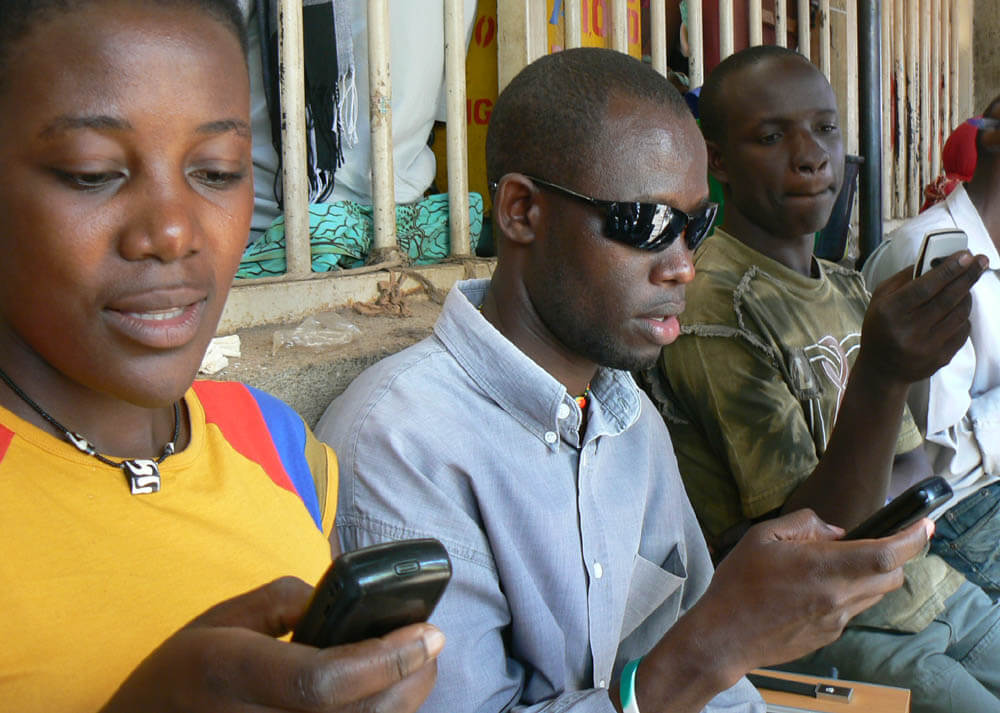
The lack of bitcoin education is halting the growth of the digital currency in Africa, which counts “probably less than a thousand” of “real bitcoin users,” according to Francois Harris, the founder of Bitcoinzar, an information website for bitcoin enthusiasts in South Africa.
A slow start
Not many people are embracing the technology despite the craze that blockchain technology has created in other parts of the world, including Wall Street. This slow start may be caused by the lack of bitcoin education on the continent. Harris told Memeburn:
“Real bitcoin users, who are daily users of the bitcoin network, and understand the technology and how it works, probably less than 1000 people.”
He continued:
“There are however a lot of users who [were] once off users, who [now] use bitcoin to make a payment when that is the only method. And even some who don’t even know they are using bitcoin technology as the services they are using run on bitcoin but it is seamless for the user.”
However, many entrepreneurs tend to have misconceptions about Africa. He advises to think wisely before launching a bitcoin startup on the continent, which he said is often considered hastily as fertile ground for fintech ventures.
“There is a misconception that Africa is the Holy Grail for bitcoin, due to its effective mechanisms for remittance,” Harris said. “Whilst this is a big market, there is still a lot of water to flow under the bridge.”
He added:
“Most Africans who are sending money into Africa are not using bitcoin yet as a mechanism for remittance and traditional options like MoneyGram and Western Union are still the biggest players in that market.”
Beam, a Ghanaian startup that seeks to facilitate remittances via bitcoin, has stopped accepting the digital currency as a means of payment. In August, the company announced it had moved on from bitcoin, suggesting that it was due to the lack of update related to the cost of exchanging the digital currency into local fiat currency, in addition to the limited number of merchants accepting bitcoin as a means of payment, as well as the price volatility.
Boosting bitcoin adoption
In South Africa in particular, the adoption of bitcoin and digital currencies has had a rapid growth, notably through educational events, local meetups and conferences.
Kenyan bitcoin exchange platform and mobile wallet, Bitsoko plans on organizing regular meetups and events in order to attract more users, co-founder and CEO, Gibson Juma said.
“We are planning a series of bitcoin meetups and Hackathons in conjunction with [the College Cryptocurrency Network]. We will put out a date when we launch the first of its kind.”
In June, Bitsoko won a Grand Challenges Explorations grant from the Bill & Melinda Gates Foundation, a competition that aims to promote wide spread acceptance of mobile money by small merchants. Bitsoko, which received US$100,000, said it will dedicated the research grant to expand its bitcoin merchant payment processing and bitcoin wallet services to Zimbabwe and Sierra Leone.
With the proliferation of mobile phone networks, sub-Saharan Africa has jumped right to the digital age in just a few short years. Today, cellphones are as common in South Africa and Nigeria as they are in the US.
“As both smartphone and Internet penetration on the continent of Africa grow, the potential of bitcoin adoption can grow with it,” Harris said. “More users of smartphones and the Internet means a bigger potential customer base for bitcoin companies as well as many others.”
In South Africa, government-backed non-profit organization, the Cape Innovation and Technology Initiative (CiTi), has created the country’s first digital currency hub and incubator, BitHub.
BitHub aims to support the local bitcoin community and foster the digital currency eco-system.
“There are many viable digital currency ideas in South Africa that are not coming to market because they lack the infrastructure and support to take it further,” Ian Merrington, CEO at CiTi, explained. “BitHub is that space.”
Image credit: Flickr, Ken Banks, kiwanja.net.

